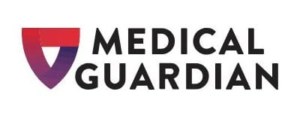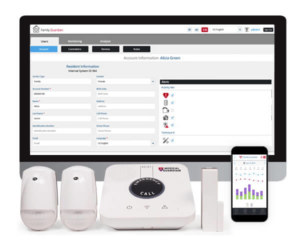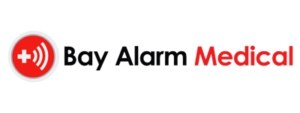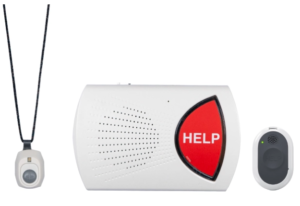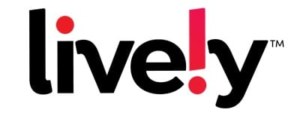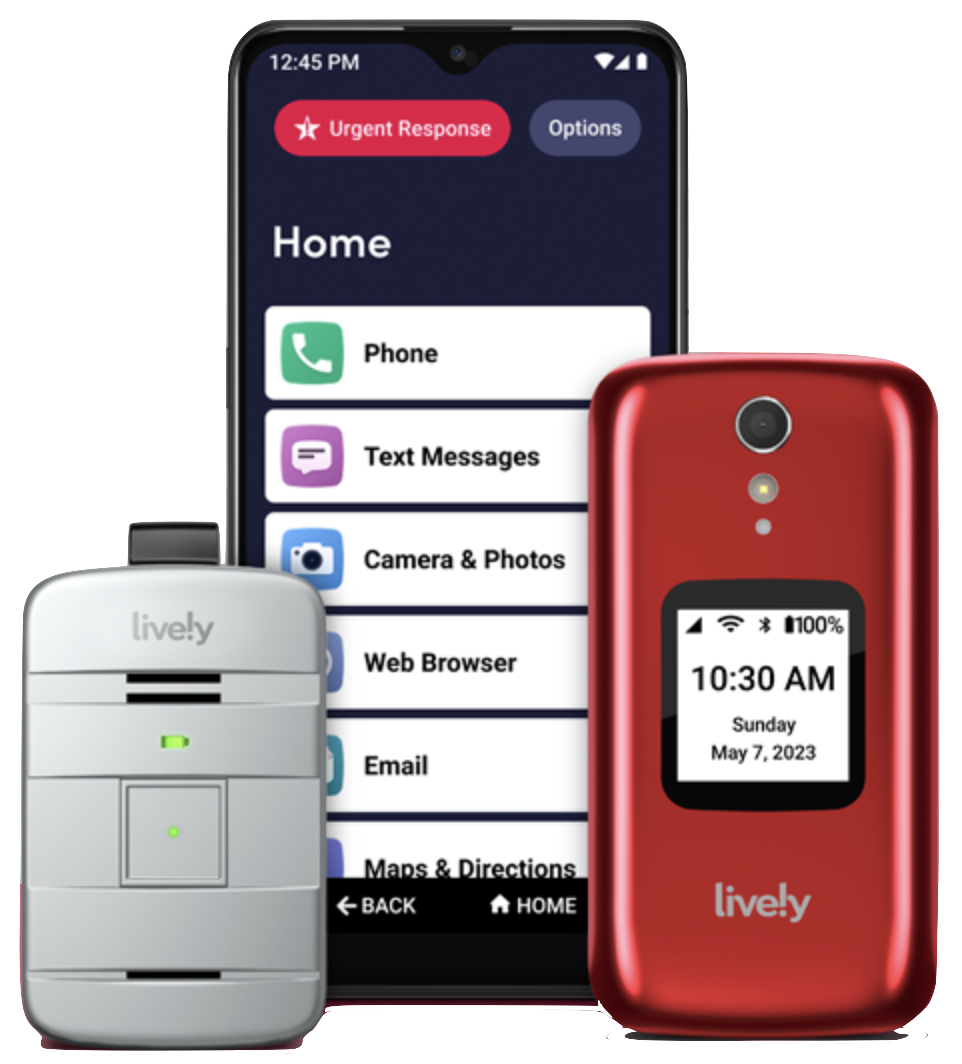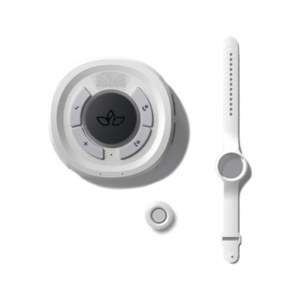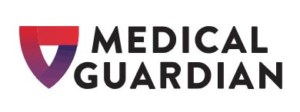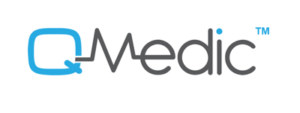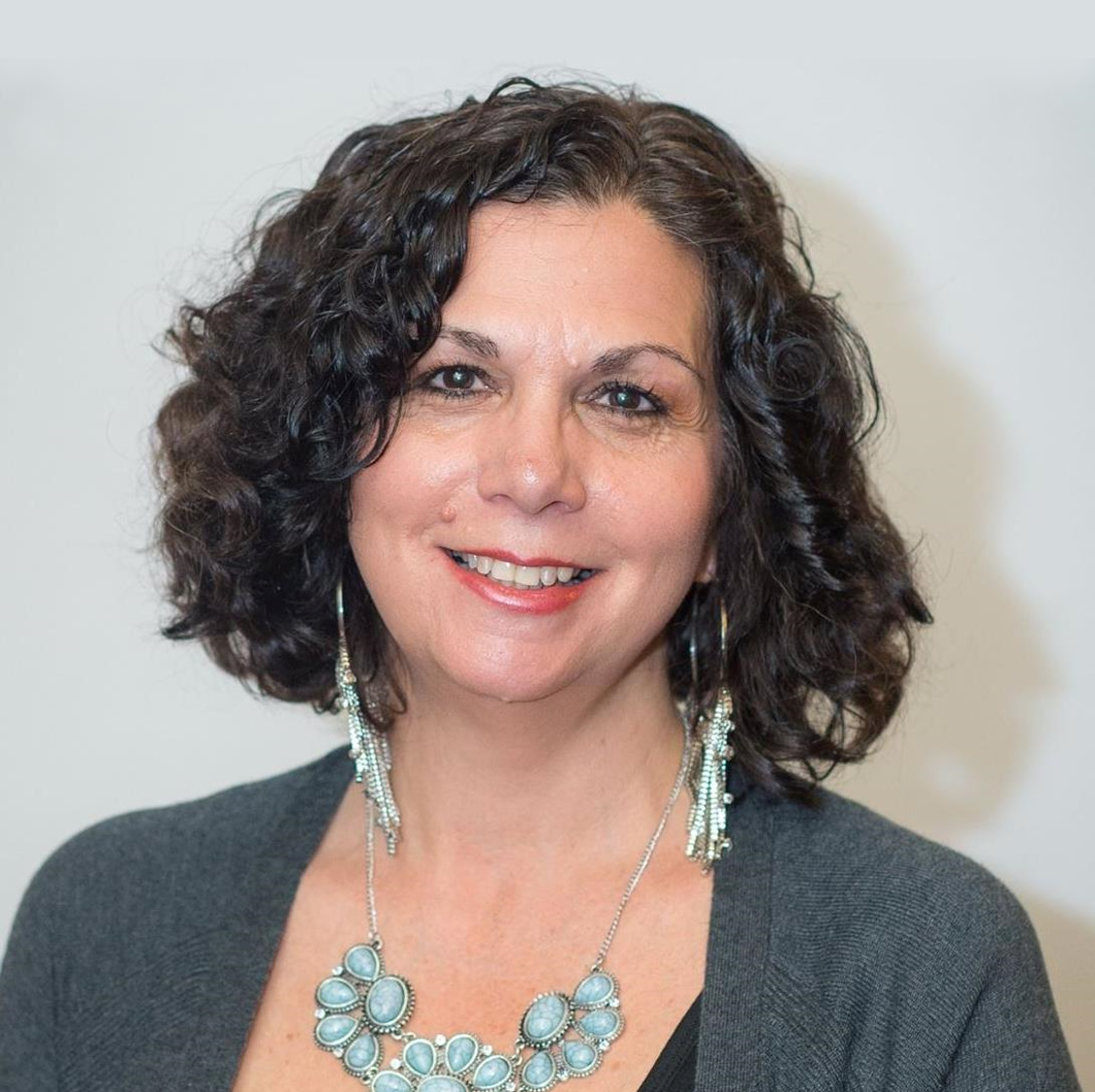Best Medical Alert That Calls Family
In the United States, 27 percent of adults aged 60 and older live alone. As with any lifestyle, living alone has its pros and cons. Keeping yourself safe at home can help you enjoy the “pros” you’ve earned. You may, however, need help to age in place safely.
If you’re looking for a medical alert that calls family so you can feel safe at home, read on. This review goes over the best medical alert systems that connect caregivers with their loved ones when emergencies happen. If you live alone and want the freedom to dance like no one’s watching (or just take a safe, warm shower), these emergency response medical alert systems are just what you’re looking for.
Key Takeaways
Using a medical alert system that calls family in an emergency can enable and empower you to age in place. If you’re looking for a senior alert system that calls family members or friends, there are several options, indoor and outdoor. Medical alert systems that connect you to caregivers vary based upon the level of support you need.
- Medical alert systems connect you to emergency call centers within seconds.
- Medical alert systems can also connect you to family or inform your family of an emergency.
- There are systems specifically for at-home use or on-the-go use. Some systems combine both indoor and outdoor emergency access.
How Does a Medical Alert System Communicate to Your Family?
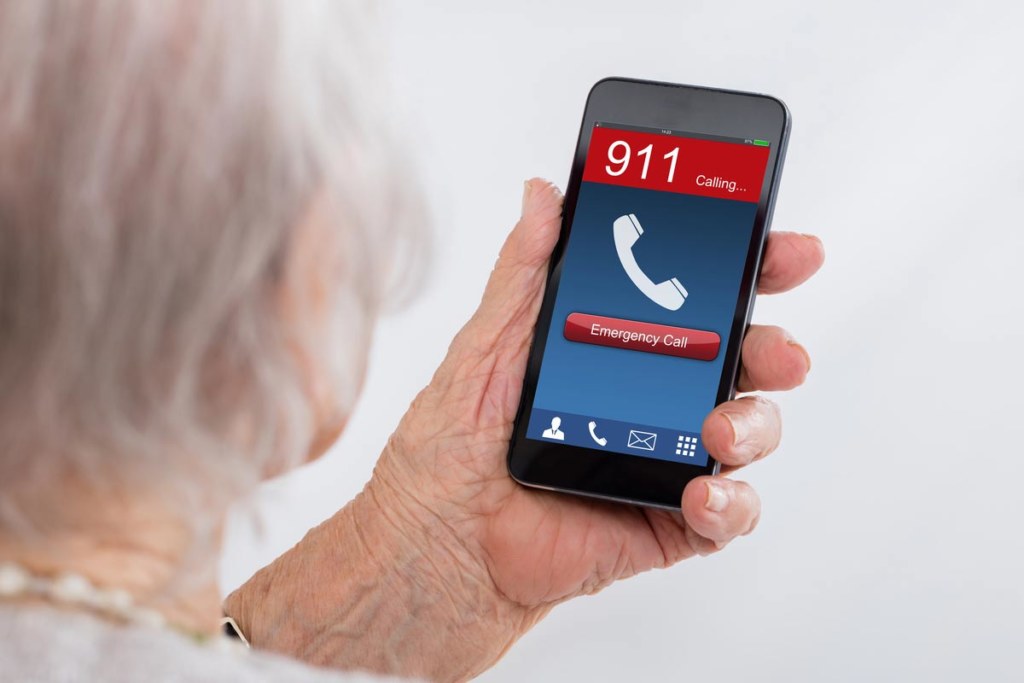
Medical alert systems provide remote monitoring and connection to emergency call centers 24/7, 365 days a year. You can reach out to your medical alert system’s call center for any type of medical or non-medical emergency. The operators are trained to assess your situation and provide immediate support within seconds. These operators will get medical help to you right away if you need an ambulance or other type of assistance.
In addition, they will reach out to your emergency contacts within seconds. In some instances, medical help won’t be required. If you and the call center operator determine that you simply need a family member or neighbor to check in, the operators will evaluate that and arrange it.
Some medical alert systems are designed to recognize patterns of behavior that fall outside of your norms. If something unusual is detected, your family will be contacted, and emergency help will be provided as needed. This unusual behavior or activity could be anything from erratic behavior to a break-in.
Concerns about falls are one of the main reasons people get medical alert systems. Some systems provide fall detection through devices that you wear around your neck. The device will alert the emergency call center and your contacts, even if you don’t push a button to connect to help. One medical alert system on this list has automatic fall detection that doesn’t require a wearable device. It is meant to be used in the bathroom.
Many medical alert systems have apps or in-home hubs that enable you to easily communicate with your emergency contacts via text or voice. Some also have features that provide easy communication between members of your care circle to more easily coordinate your care. All these features put help within your grasp as soon as you need it.
Best Medical Alerts That Call Family in Detail
Medical Guardian sells at-home and on-the-go medical alert systems. No matter which you choose, each device provides 24/7 access to a professionally run monitoring center and a Care Circle of your family, neighbors, and friends.
Your Care Circle members can reach out to you and each other through the MyGuardian desktop portal and mobile app. MyGuardian helps your Care Circle coordinate tasks related to your care.
If you have an emergency and press the call button, a Medical Guardian operator will dispatch emergency services to your home or GPS location. The operators will also immediately contact your Care Circle to let them know of an emergency. In non-emergency situations, the call center operator will stay on the line with you for as long as you need. They will also let a family member or neighbor know that you reached out during a non-emergency situation and request that they call or visit you. You can also reach out to members of your Care Circle directly via text through the mobile app.
Medical Guardian has two in-home medical alert systems. Each features a base system plus a wearable call button.
Bay Alarm Medical has in-home and on-the-go options you can buy separately. You can also bundle both into one package for complete protection. No matter which devices you choose, you can set up and prioritize a contact list of friends, family members, and neighbors that Bay Alarm will reach out to in an emergency. Bay Alarm gives you the option of having your family called before or after 911 is dispatched.
Bay Alarm has three in-home plug-and-play medical alert systems. Each system can be enhanced with automatic fall detection for an additional $10 monthly fee.
Aloe Care Health keeps you connected to your Circle of Care contacts through a voice-activated At-Home Hub and/or Mobile Companion device. Both the Hub and Mobile device communicate with an app available for iPhone and Android. Your family and caregivers can get real-time updates on your indoor movements and whereabouts through the app, updated constantly by the Hub. You can use the app and Hub for live check-in calls with members of your Circle of Care. The Hub is voice-activated and doesn’t require Wi-Fi. You can also use the app or Hub to call the Aloe Care Health emergency call center.
There are multiple Aloe Care Health package options. Each package has 24/7 access to an emergency call center and a 30-day money-back guarantee.
If you’re looking for an on-the-go, budget-friendly medical alert, Lively, formerly known as GreatCall, may be a good option. Lively has two wearable medical alert devices designed for outdoor use. One device, the Lively Mobile Plus, can be purchased at Walgreens. A monthly Health and Safety Package is purchased separately for both devices directly through Lively.
These devices keep you in touch with the specific friends and family members you invite to use the Lively Link app. Your contacts will get an alert on their smartphone every time you contact Lively’s 24/7 urgent response center. When you call the urgent response center, you’ll have the option of speaking directly to a doctor, nurse, or family member. The urgent response team will also connect you with 911 or other services if needed.
Being a remote caregiver is challenging, especially if your loved one is at high risk. QMedic medical alerts are designed for elderly, blind, or disabled people. The devices are worn on the wrist or around the neck and connect to a home base station. The devices never need to be removed and are designed for comfort and user compliance.
QMedic connects you to your loved one through a caregiver dashboard and mobile phone alerts. The dashboard includes 24/7 activity data. The QMedic system can detect unusual activity, including abnormal behavior. If any such activity is detected, you and your loved one will be contacted immediately. Emergency support will also be provided as needed.
QMedic has one in-home cellular system and one outdoor mobile GPS. Both systems are leased on an automatic annual renewal basis. No contract or cancellation fees apply.
Bottom Line
Emergencies happen. If you or your loved one is at a heightened risk for any type of mishap, getting a medical alert system that connects you is invaluable.
It’s no secret that most people prefer to age in place versus leaving their homes. Staying connected through a medical alert system is a safe and efficient way to support that goal.
There are many types of systems to choose from. Some are best for active seniors who enjoy being outdoors and joining in social situations in a wide range of locations. Others are better suited for at-home use or high-risk elders.
Choosing the best medical alert system for you and your family is a good way to provide safety for users, plus keep them connected with caregivers and the people they love.
Why You Can Trust Our Review
We’re not just writers and editors; we’re also moms and dads and daughters and sons. We know what it’s like to be at risk or to have a loved one at risk. For that reason, we take our mission of providing you with accurate, transparent information seriously. Whether you’re shopping for yourself or someone else, you can be sure that the content we provide is free of hype and that the products we write about are some of the best ones out there. Our goal is to help everyone age in place safely if that is their desire.
We’ve spent collectively more than 1,700 hours conducting in-depth research on medical alert systems. To make our picks, here’s what we did:
- Engaged in ongoing independent research
- Consulted with geriatricians and adult caregivers
- Mystery shopped the brands
- Surveyed medical alert system users
- Tested various medical alert systems
- Interviewed experts in the field
- Read hundreds of verified customer reviews from trusted third parties such as Better Business Bureau and Consumer Reports
Frequently Asked Questions
-
Yes. Some medical alert systems give you the option of calling or texting family members directly through a device or base station-like hub. Others reach out to family members if you have an emergency.
Pricing is accurate as of March 17, 2022.
WRITTEN BY
Corey Whelan is a writer, health care professional, and Brooklyn, New York native. She is a reproductive health advocate who has helped countless patients through the trials and triumphs of infertility and adoption over the past 25 years. Corey's passion is sharing her knowledge of health and wellness through her writing, and no topic is off limits. She's mom to two grown children and two rescue dogs who captured her heart.
MEDICALLY REVIEWED BY
Jenny is an Adult-Gerontology Primary Care Nurse Practitioner in NYC with a passion for working with aging adults and their family members. Prior to her clinical training at Vanderbilt School of Nursing, she worked in business and medical research at Harvard Business School and Massachusetts General Hospital. As a Caregiving Coach at Givers, Jenny helps family members manage the financial, emotional, and educational stresses of caring for their loved ones who are aging in place.
